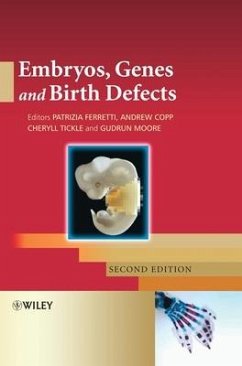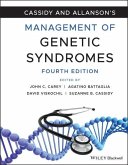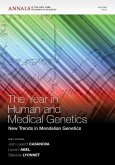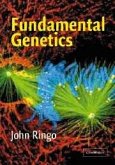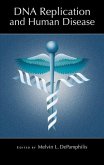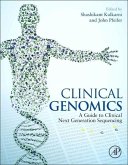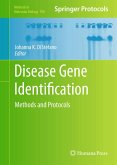In the Western world, birth defects constitute the greatest single cause of infant mortality and a significant cause of infant morbidity, with a major impact on healthcare services and the affected families. Birth defects are the consequence of defective embryonic development that can be due to genetic, epigenetic or teratogenic factors. The first edition of Embryos, Genes and Birth Defects, edited by the late Peter Thorogood, was a radical new book aimed at bridging the gap between the medical disciplines of embryology and dysmorphology, and recent advances in cellular, molecular and developmental biology. This new edition remains unique in its breadth and brings up to date our understanding of birth defects and of the strategies utilized to gain such knowledge. It features new chapters on human cytogenetics, mutagenesis and the yes and ears. The book present key topics in developmental biology and explains how they provide the foundations of an understanding of clinical birth defects. The first six chapters introduce concepts and strategies adopted to elucidate developmental anomalies leading to birth defects. The book then focuses on specific organs and reviews the cellular and molecular mechanisms affecting their development and how disruption of these mechanisms by genetic or environmental factors may underlie certain birth defects. The chapters are concise and provide an up to date coverage of topics in a format that is easily accessible and yet at the forefront of research. Written primarily for paediatricians, obstetricians, clinical geneticists and allied workers, this book guides the reader through the contribution of modern molecular biology to our understanding of human development. Developmental and cellular biologists will learn how errors in cellular and genetic mechanisms can lead to classical disorders, diseases and syndromes.

